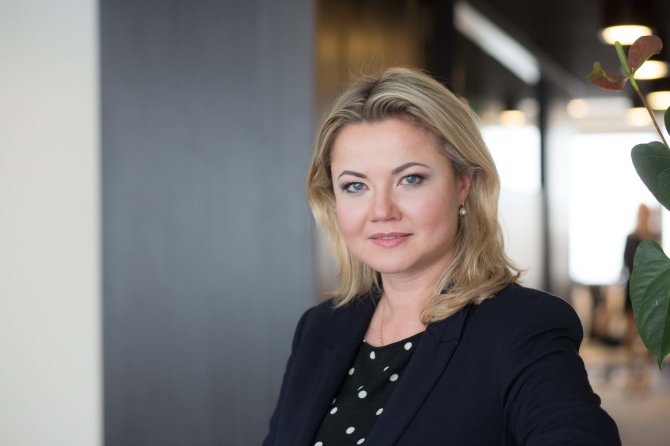Since 2016, the pharmaceutical companies that signed the code of disclosure brought together by the Innovative Pharmaceutical Industry Association (IFPA), the Pharmaceutical Manufacturers’ Association (VGA) and other organisations, have voluntarily released data on the basis of cooperation with medics which is crucial for the progress of innovation.
This practice shows how many pharmaceutical companies invest in clinical research where Lithuanian patients can receive the most up-to-date treatments, hold scientific conferences, and other activities that contribute to the elevation of doctors’ qualifications.
“The pharmaceutical industry is the first sector in Lithuania to voluntarily engage in such cooperation disclosure, something that has been applied in advanced European Union member states for a long time. A government ruling passed at the end of last year obliging all pharmaceutical companies to disclose information about any support for the healthcare system will strengthen the sector’s transparency, and allow to grow public trust even further,” says Agnė Gaižauskienė, the director of the Innovative Pharmaceutical Industry Association.
In 2019, the IFPA’s members, which consists of 17 innovative pharmaceutical industry companies, allocated 3.8 million euros to clinical research, and another 2.5 million euros to social projects and medical education. Over a year, the IFPA’s members paid 27.6 million euros in tax to the state.
According to A. Gaižauskienė, private sector investment is truly important but seeking to improve Lithuanian healthcare, should be a priority area for the state as well.
“Based on state financing for health, our country is two per cent below the OECD average of 6.6 per cent of GDP. The pharmaceutical industry is interested in improving the level of healthcare in Lithuania, but the state must perform certain tasks as well, the most important among which is ensuring that state financing will at least reach the OECD average,” the IFPA director states.
Among all Eastern European countries, the only ones to allocate less for healthcare financing than Lithuania are Bulgaria, Latvia and Romania. This financing includes the mandatory health insurance budget.
About the Innovative Pharmaceutical Industry Association:
The Innovative Pharmaceutical Industry Association (IFPA) was launched in October 1997. Now, the IFPA’s membership spans 17 members which are innovative pharmaceutical companies and their representations registered in Lithuania. These are companies creating newly patented pharmaceuticals, and propagate principles of ethical operation. In 2017-2019, IFPA members invested 98.6 million euros in Lithuania, with this sum going to clinical trials, social projects, education and taxes. Since 2004, the IFPA is also a member of the European Federation of Pharmaceutical Industries and Associations.













